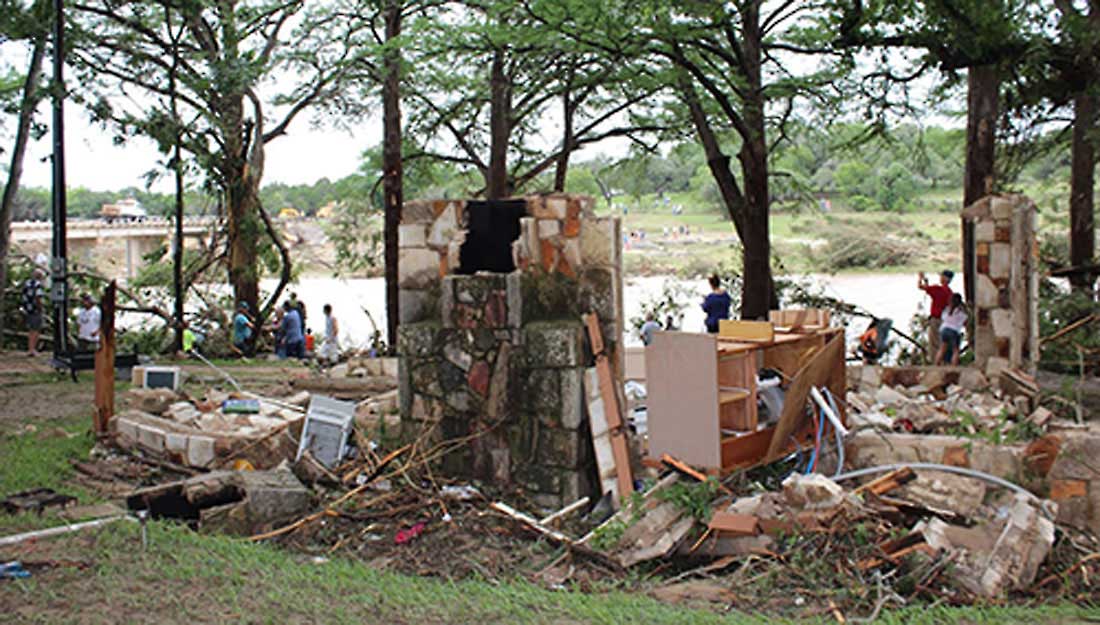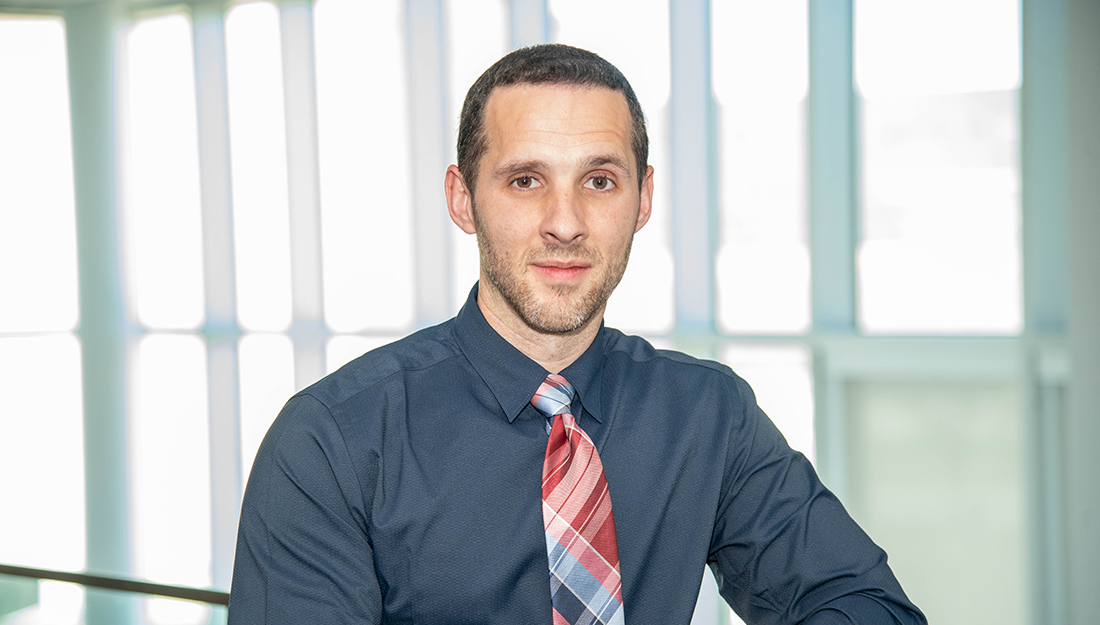EpiAssist: Fueling the future of public health

The critical shortage of trained public health professionals has been well documented in recent years and continues in most states, including Texas.
A service-learning program at the Texas A&M Health Science Center School of Public Health, EpiAssist, is helping to address these shortages by providing much needed services to health departments and agencies.
Created by Jennifer Horney, Ph.D., associate professor at the Texas A&M School of Public Health, EpiAssist partners graduate students with local, regional and state public health staff in need of assistance.
Horney’s past experience working on dozens of infectious disease outbreaks and responding to public health disasters including Hurricanes Charley, Isabel, Katrina, Wilma and Irene, brought to her attention the need for such a program as EpiAssist.
“Field experiences like EpiAssist emphasize reciprocity, ensuring a balance between meeting the needs of both the community and our students,” said Horney. “Students are eager for real-life experience outside the classroom and health departments and agencies often are in need of extra assistance, especially when emergencies or disease outbreaks occur.”
Since January, Texas A&M School of Public Health students have completed more than 900 hours of volunteer service on 16 projects.
Projects have included working with the Department of State Health Services (DSHS) in Austin on issues of concern to many Texans, including analyzing swift water rescues associated with spring floods and food safety. Other students assisted local officials in Harris County in assessing resident preparedness for hurricane season. Locally, students worked with the Brazos County Health Department to investigate an outbreak of Shigella, an infectious disease that causes about 500,000 illnesses a year in the U.S. and 3,000 in Texas.
Additionally, students have been able to provide needed specialized skills for certain projects, including speaking other languages and the ability to work with data collection software such as Epi Info™.
“EpiAssist provided our team with extremely quick support by turning our paper-based survey into a usable electronic form for tablet data collection, ensuring we received a fully functional database as we were preparing for a community survey,” said Kahler Stone, epidemiologist for the Waco-McLennan County Health District.
Bonnie Feldt, lead epidemiologist for DSHS Region 7, was particularly impressed by the enthusiasm of students during the fieldwork and data analysis of a recent community assessment
“They reminded many of us in the office of why we chose public health careers in the first place,” Feldt said.
Due to EpiAssist, various agencies are also recognizing the benefits of investing in Texas A&M School of Public Health students by providing additional training they might not otherwise have. To date, students have received 250 hours of training from various agencies, which will serve to enhance students’ marketability following graduation.
Tyler Tipton, a recent graduate who is currently a public health planner for the Galveston County Health District, felt his participation in Harris County hurricane preparedness assessment provided him invaluable experience.
“Interviewing people really put into perspective how important the data was, not only for us, but for the residents as they were reminded of the importance of having a plan of action during an emergency,” Tipton said. “I like to think we were the impetus for some people to truly think about what they would do in an emergency.”
“My participation in EpiAssist better prepared me for my current job by allowing me the experience of investigating illness outbreaks, analyzing data and conducting interviews,” said Karla Ruiz, foodborne epidemiologist for the Galveston County Health District.
Horney believes EpiAssist is a win-win for both the students and community partners who have unmet needs that students can help address, especially when emergencies occur and surge capacity is needed.
“It is rewarding to give students this opportunity to learn outside the classroom at the same time we are helping to meet the needs of people in our state in need of public health assistance,” Horney said.
Media contact: media@tamu.edu


